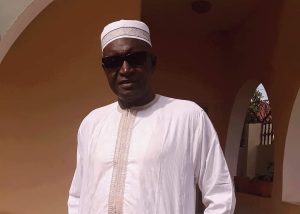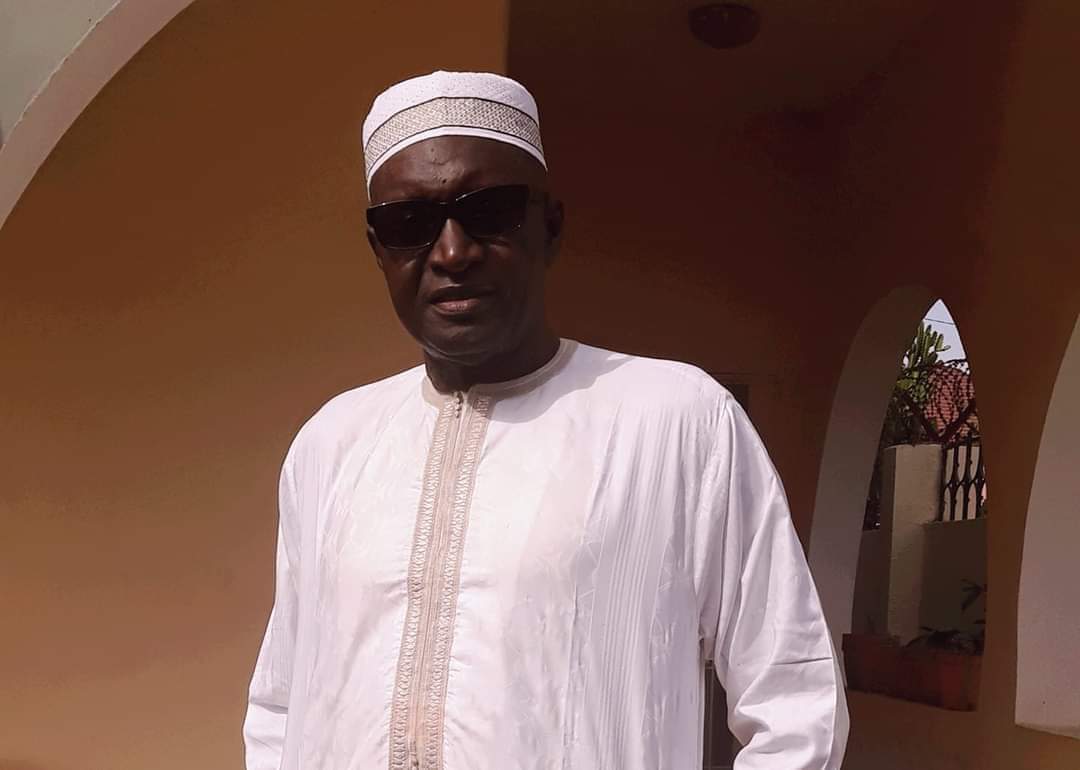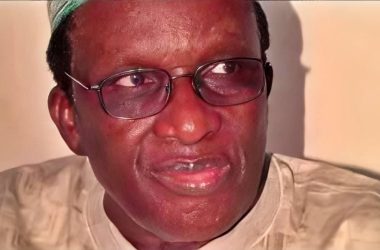In Wolof, the word ‘maslaha’ suggests the gentle art of “getting along,” keeping the peace, and avoiding open quarrels. “Suturah”, on the other hand, leans toward “cover-up”, often dressed up as a virtue, shielding faults, concealing flaws, and pretending all is well even in the face of glaring falsehood. Noble in theory, perhaps, but in practice, these cultural instincts often mutate into something far less honorable and more into plain dishonesty.
That thought haunted me as I listened to Her Excellency Fatoumata Jallow Tambajang’s recent interview with Peter Gomez on Coffee Time. I couldn’t help but ask myself whether Madam Tambajang was merely caught in the cultural cobweb of ‘maslaha’ and ‘suturah’, or was, as a seasoned stateswoman, deliberately practicing the oldest trick in the political playbook, dishonesty wrapped in diplomacy?
When she first stepped into the Gambian political limelight in 1994, I was rotting in Mile Two Prison, courtesy of Sana Sabally, the junta’s Vice Chairman, who also happened to be her blood cousin. Within months, she was elevated to ministerial rank in Jammeh’s cabinet, a rise many quietly attributed to that very family connection.
In my first book, I narrated how her political wings were abruptly clipped when Sabally himself was arrested and jailed on January 27, 1995, ironically, six months to the day after he had me unlawfully incarcerated. While she now claims she “resigned voluntarily,” we who were behind bars at Mile Two heard the different story that she was indeed dismissed by Jammeh. And frankly, we celebrated her fall from grace, seeing it as poetic justice against Sabally’s abuses.
Fast forward to her recent interview. Some of her bold claims, if taken seriously, would force me to revise passages of my latest book, ‘Testimony of a Retired Gambian Military Officer and Diplomat’.
However, when I once spoke of “correcting irregularities” in my first book, ‘Coup D’état by the Gambia National Army’ (2007), rumor-mongers twisted it into “Sam Sarr admitted his book was full of lies.” Nonsense. To this day, no one has produced evidence of me ever saying such a thing. I even placed a bounty of D10,000 for proof, but unsurprisingly, nobody has dared to claim it.
In the book ‘Testimony’, I credited Hon. Halifa Sallah and PDOIS as the architects of the 2016 opposition coalition that finally toppled Jammeh. Yet, Mrs. Tambajang has now stepped forward to proclaim herself the sole mastermind, claiming she singlehandedly mobilized the parties, persuaded the most reluctant players (PDOIS in particular), and even drafted the coalition manifesto with its famous “three-year transition” clause.
She went further, presenting herself as a faithful guardian of the three-year agreement until her dismissal in 2018. According to her, President Barrow “betrayed” the coalition by refusing to step down after three years.
But here’s where her story collapses under scrutiny; where was her voice in 2017 when the entire nation heard Lawyer Ousainou Darboe, the UDP leader and the then foreign minister, thunder publicly that he would sue anyone demanding the three-year transition? I believe, like many Gambians, that that was the true wrecking ball that smashed the coalition agenda, not Barrow’s private decision.
If Mrs. Tambajang was indeed the architect of the coalition, why did she not raise her voice then? Why the sudden saintly sermon now? Was it ‘maslaha’, ‘suturah’, cowardice, or calculated dishonesty?
A resurfaced video lays it bare when the late journalist Malick Jone pressed Omar Jallow (O.J.) PPP, a coalition insider, on why the three-year deal was betrayed. O.J. bluntly pointed his finger at Lawyer Darboe, accusing him of putting UDP’s survival above the coalition’s promise of systemic change.

Even Halifa Sallah, in a moment of frankness on Kerr Fatou, admitted his displeasure. Asked why Barrow became flagbearer, he quipped bitterly: “Were you Gambians not the ones insisting that anyone was better than Yahya Jammeh, even a dog?” A cutting remark that revealed more than his usual stoicism allowed. But in the end, Halifa too chose silence, the familiar ‘maslaha’ route, rather than open confrontation.
Now, Mrs. Tambajang insists that every party leader, including Barrow, signed the three-year agreement and each is holding a copy. Your sentence is clear in meaning, but it could flow better with slight adjustments. Here’s a polished version:
I would have certainly added that clarity to my book had she not kept it to herself when the whole country was debating such a hazy subject.
If true, then the later denials were not ‘suturah’ or diplomacy, but outright dishonesty.
Which raises the million-dalasi question of why she waited until now to speak with such conviction? Is it mere coincidence that her revelations align perfectly with her commitment of eyeing the presidency in 2026?

Another puzzle to me is why were Halifa Sallah, Sedia Jatta, and the PDOIS sidelined in the first coalition government? If she was the mastermind, her explanation here would have been invaluable. Yet silence again or maybe Peter forgot to ask.
In the end, ‘maslaha’ and ‘suturah’ may keep neighbors friendly and families intact. But in politics, when used to varnish lies, betray promises, and protect vested interests, they become toxic and virtues into vices. Whether Mrs. Tambajang’s contradictions were cultural instinct, political survival, or plain dishonesty, Gambians deserve the truth, not cover-ups.





